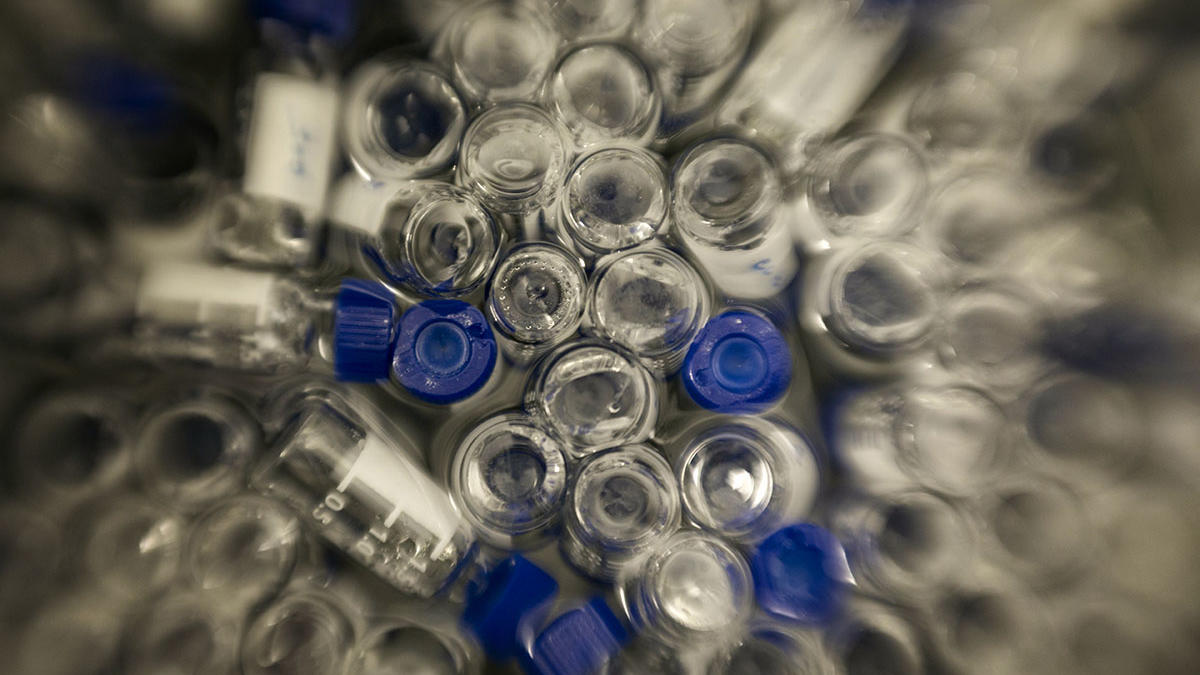The F. Joseph Halcomb III, M.D. Department of Biomedical Engineering at the University of Kentucky has added three new faculty members for the 2019-2020 academic year.
Mark Suckow is not only UK’s attending veterinarian, but also associate vice president for research and full professor in the F. Joseph Halcomb III, M.D. Department of Biomedical Engineering. Combined, his tripartite position allows Suckow to do what he does best: connect people.
“As an institutional veterinarian, I have a pretty good idea of the overall scope of work going on across campus. An investigator in engineering may be entirely unaware of what an investigator across campus is doing, and they need to meet because there’s potential synergy there. Several times in my career I’ve been able to connect people in meaningful ways, and that’s very satisfying.”
Born and educated in Wisconsin, Suckow did a postdoctoral fellowship at the University of Michigan before working at Purdue University, Notre Dame and the University of Minnesota over a 30-year span.
Associate professor Sheng Tong earned his Ph.D. in biomedical engineering from Duke University in 2003. Prior to coming to UK, Tong had been an associate research professor in the Department of Bioengineering at Rice University from 2015-2019 and a research engineer in the Department of Biomedical Engineering at the Georgia Institute of Technology from 2006-2015. Tong's research interests include cancer immunotherapy, nanomedicine, genome editing and drug delivery.
Assistant professor Ramkumar Annamalai earned his Ph.D. in biomedical engineering from Wayne State in 2014. His lab is broadly focused on tissue regeneration and vascularization using biomaterials and biofabrication strategies. Strategies to engineer or modulate immune responses for tissue regeneration are of particular interest. The lab employs an array of biomaterial, mammalian cell culture techniques, and animal models to develop translatable strategies.
Assistant professor Caigang Zhu received his Ph.D. from Nanyang Technological University, Singapore, in 2014. His research group is motivated by multidisciplinary applications of novel optical techniques in cancer research. The central focus of the group’s research is to develop optical imaging tools for biomedical applications related to tumor metabolism, hypoxia and angiogenesis. The research interests of his lab include but not limited to vascular and metabolic imaging/spectroscopic techniques for cancer biology and radiation biology study.
